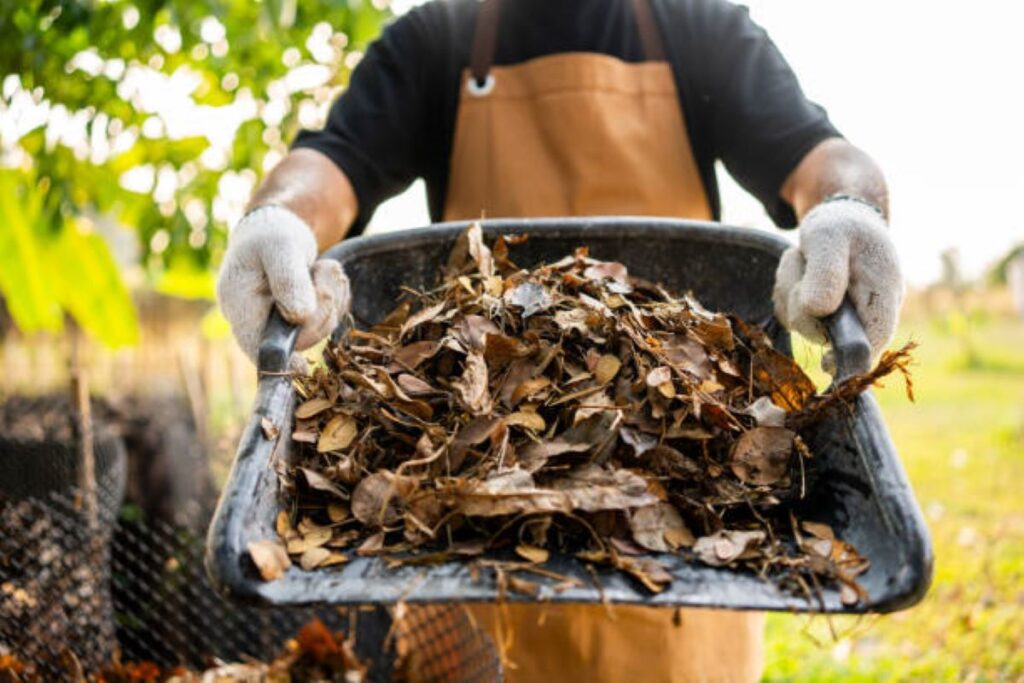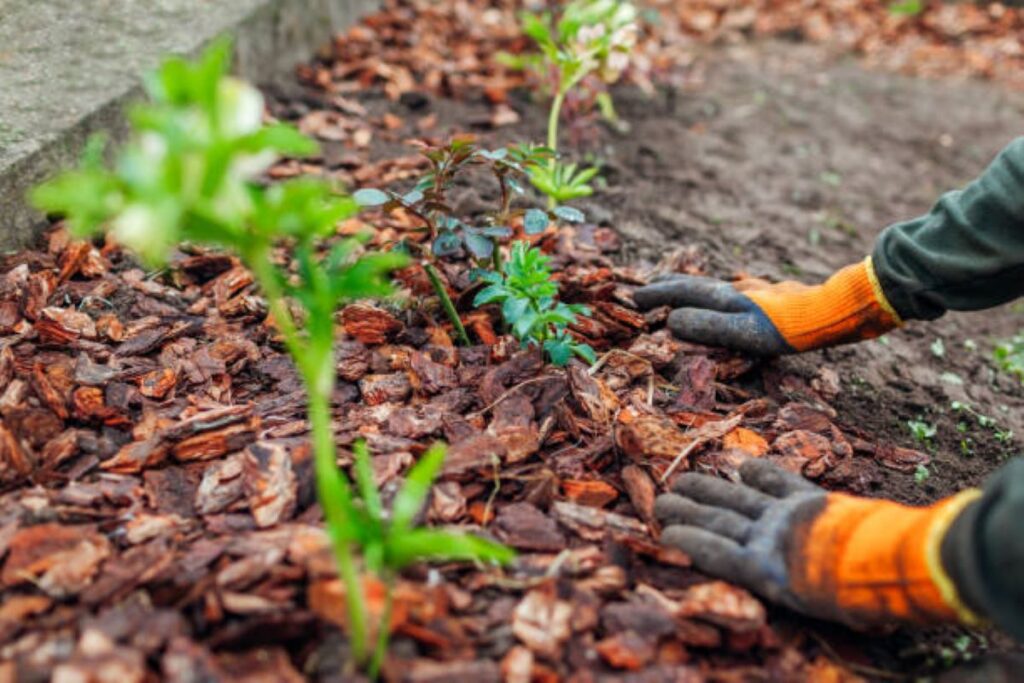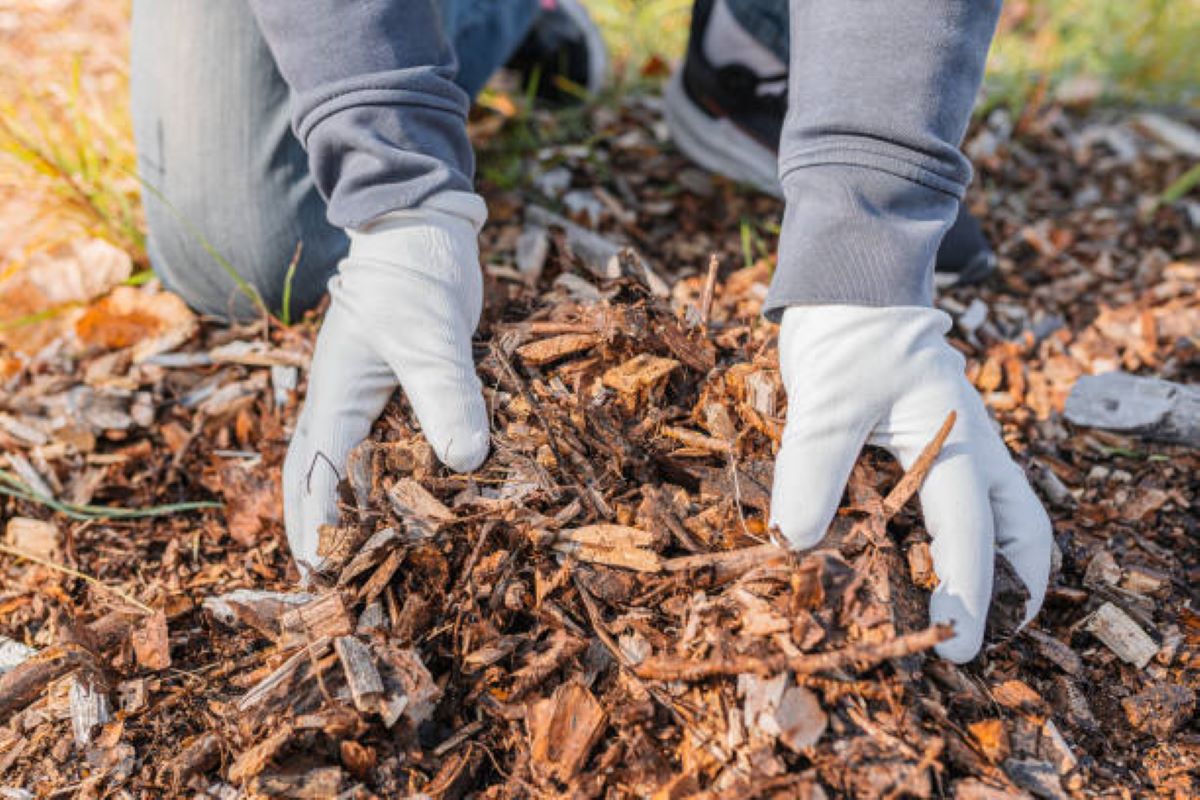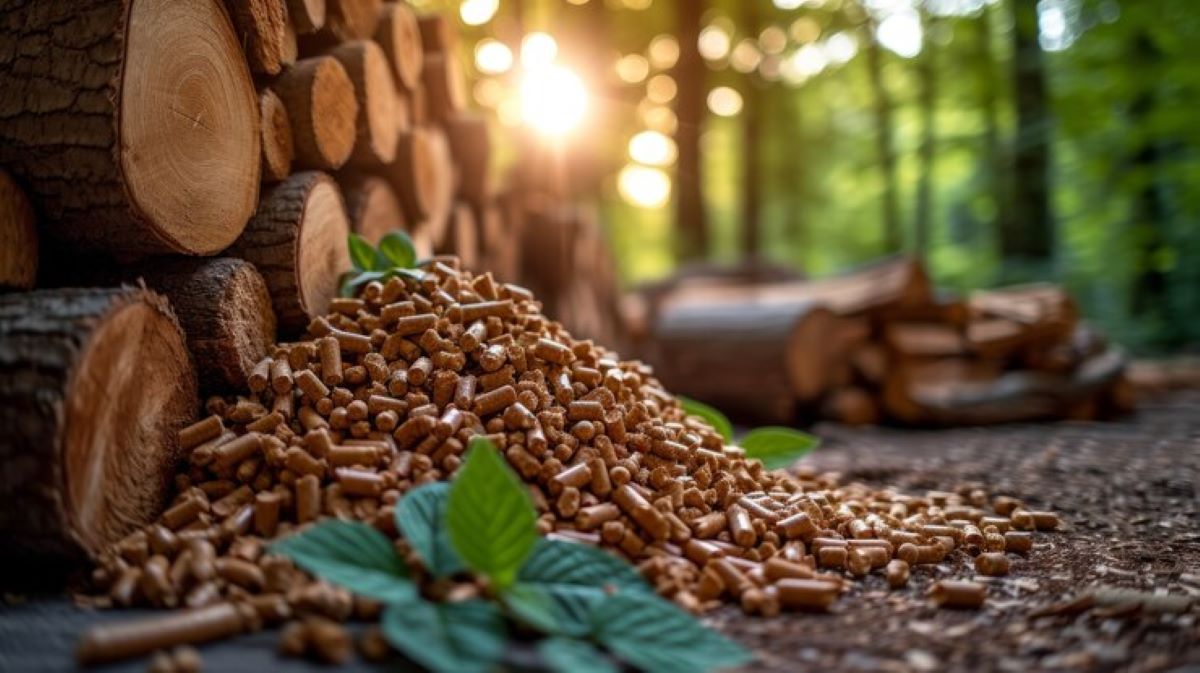If you’re looking for a way to enhance your garden while simultaneously benefiting your plants, consider using pine bark mulch. This versatile gardening material offers a multitude of advantages that can elevate the health and appearance of your outdoor space. Let’s explore the various benefits of utilizing pine bark mulch in your gardening endeavors.
Understanding Pine Bark Mulch
Pine bark mulch is derived from the bark of pine trees, making it a natural and sustainable option for gardeners. It is available in various sizes, from fine to coarse particles, allowing for flexibility depending on your gardening needs. The rich earthy color of pine bark also complements garden aesthetics beautifully.
What is Pine Bark Mulch?
Pine bark mulch is essentially a byproduct of the lumber industry, where the outer bark of pine trees is processed. It is shredded or chipped into small pieces, which can then be used as mulch. Unlike other types of mulch, pine bark is particularly valued for its long-lasting properties and ability to break down slowly over time.
This slow decomposition not only helps improve soil structure gradually but also reduces the need for frequent replenishing. Gardeners love this longevity, as it means less work and more time to enjoy their gardens!
How is Pine Bark Mulch Made?
The production of pine bark mulch involves several steps. First, the outer bark is removed from harvested pine trees. This bark is then subjected to a chipping or shredding process, where it is broken down into smaller, manageable pieces. Once processed, the mulch is typically screened to ensure a consistent size before being packaged for sale.
In addition to its practical production methods, using pine bark mulch contributes to sustainability. By utilizing a byproduct of the timber industry, it promotes recycling and reduces waste. Furthermore, pine bark mulch can help in moisture retention in the soil, which is crucial for plant health, especially in drier climates. This moisture retention not only conserves water but also creates a more stable environment for plant roots, allowing them to thrive.
Moreover, pine bark mulch has natural acidifying properties, which can be particularly beneficial for acid-loving plants such as azaleas, rhododendrons, and blueberries. As the mulch breaks down, it can gradually lower the pH of the soil, creating an optimal growing condition for these species. This unique characteristic makes pine bark mulch not just a decorative layer but a functional component of a well-planned garden ecosystem.
The Nutritional Benefits of Pine Bark Mulch
One of the most compelling reasons to use pine bark mulch is its contribution to soil health. When applied effectively, this mulch provides essential nutrients that can benefit your garden over time.
Enriching Soil Quality
Pine bark mulch helps enhance soil quality by improving its structure and aeration. As it decomposes, it introduces organic matter into the soil, which is vital for fostering healthy microbial activity. This improved microbial health can lead to better nutrient uptake for your plants.
Moreover, the acidifying properties of pine bark can be particularly beneficial for acid-loving plants such as blueberries, azaleas, and rhododendrons. This means that besides helping to maintain a healthy ecosystem in your soil, it also caters to the specific needs of certain plants. The gradual breakdown of pine bark also releases nutrients like nitrogen, phosphorus, and potassium, which are crucial for plant growth. This slow release ensures that plants have access to these nutrients over an extended period, reducing the need for frequent fertilization and promoting a more sustainable gardening practice.
Promoting Plant Health
Healthy plants are resilient plants. When applied as mulch, pine bark can act as a buffering agent, protecting roots from extreme temperature fluctuations. This insulation helps plants thrive in both hot and cold weather, providing a stable environment for growth.
Additionally, by enriching the soil with organic material, pine bark mulch promotes vigorous plant growth. Plants nurtured with high-quality mulch are often more vibrant and productive, contributing to a flourishing garden ecosystem. The mulch also helps retain moisture in the soil, reducing the need for frequent watering. This moisture retention is particularly beneficial during dry spells, as it helps prevent stress on plants and encourages deeper root growth. Furthermore, the presence of mulch can suppress weed growth, allowing your plants to compete more effectively for nutrients and water, which ultimately leads to a healthier garden overall.

Pine Bark Mulch and Moisture Retention
Water is essential for plant health, and utilizing pine bark mulch can significantly improve moisture retention in garden beds.
How Mulch Helps Retain Water
The structure of pine bark mulch creates a protective barrier on the soil surface, reducing evaporation rates. By minimizing direct exposure to sunlight and wind, this barrier helps keep the soil damp longer, providing plants with the moisture they require without excessive watering.
In areas that experience high temperatures or drought conditions, pine bark mulch can be a garden lifesaver. It helps maintain consistent moisture levels, ensuring your plants remain well-hydrated even during dry spells. Additionally, the organic nature of pine bark mulch breaks down over time, enriching the soil with nutrients that further support plant growth. This slow decomposition process not only enhances moisture retention but also contributes to the overall health of the soil ecosystem, promoting beneficial microbial activity.
Reducing Watering Frequency with Mulch
As a result of its excellent moisture retention properties, using pine bark mulch can reduce the frequency of watering required in your garden. This not only saves you time but also conserves water, making it a more environmentally friendly option.
Many gardeners report that after applying mulch, they find themselves watering less frequently while still maintaining lush and healthy plants. The insulating properties of pine bark mulch also help regulate soil temperature, keeping it cooler in the summer and warmer in the winter. This temperature moderation further aids in moisture retention, as plants are less stressed by extreme temperature fluctuations. Making the switch to mulching with pine bark may be one of the best decisions for your garden’s water management, allowing you to cultivate a thriving landscape with less effort and greater sustainability.
Pest Control and Pine Bark Mulch
In addition to maintaining soil health and moisture, pine bark mulch also plays a vital role in pest control.
Natural Pest Deterrents
Pine bark has natural chemical properties that can deter certain pests, which means fewer chemical interventions for you. By creating a barrier that disrupts the life cycles of some insects, this mulch can help protect your plants from pest damage.
Moreover, the structure of pine bark makes it less hospitable for pests like slugs and snails compared to other organic mulch types. This natural pest control can contribute to a healthier garden ecosystem.
Protecting Your Garden from Invasive Species
Invasive plant species can threaten the health of your garden. By using pine bark mulch, you create a physical barrier that acts as a deterrent to seeds from these invasive plants. This can significantly reduce their presence and allow your desired plants to flourish.
Additionally, the slow decomposition rate of pine bark helps prevent the growth of weeds, minimizing competition for nutrients and resources.
See Also : Wood Chip Mulch Price Guide: What to Expect in 2024
The Aesthetic Appeal of Pine Bark Mulch
Beyond its practical benefits, pine bark mulch can greatly enhance the visual appeal of your garden.
Enhancing Garden Appearance
The rich, dark color of pine bark mulch can provide a beautiful contrast against vibrant flowers and greenery. This visual enhancement not only improves the overall aesthetic of your garden but also highlights the features you most want to showcase.
Whether you use it in flower beds, around trees, or in edging, pine bark can transform the appearance of your garden, providing a neat and polished look.

Variety in Color and Texture
Pine bark mulch comes in various textures and colors, allowing for creative landscaping options. You can choose fine mulch for a smooth finish or coarse pieces for a more rustic appearance. This versatility enables you to personalize your garden according to your style.
The use of pine bark not only plays a vital role in plant health and maintenance but also makes a welcome visual addition, tying together the various elements of your outdoor space beautifully.
In conclusion, using pine bark mulch in your garden can bring about numerous benefits, from nurturing plant growth to enhancing visual aesthetics. By leveraging the attributes of this natural product, you are setting your garden up for success and longevity.


